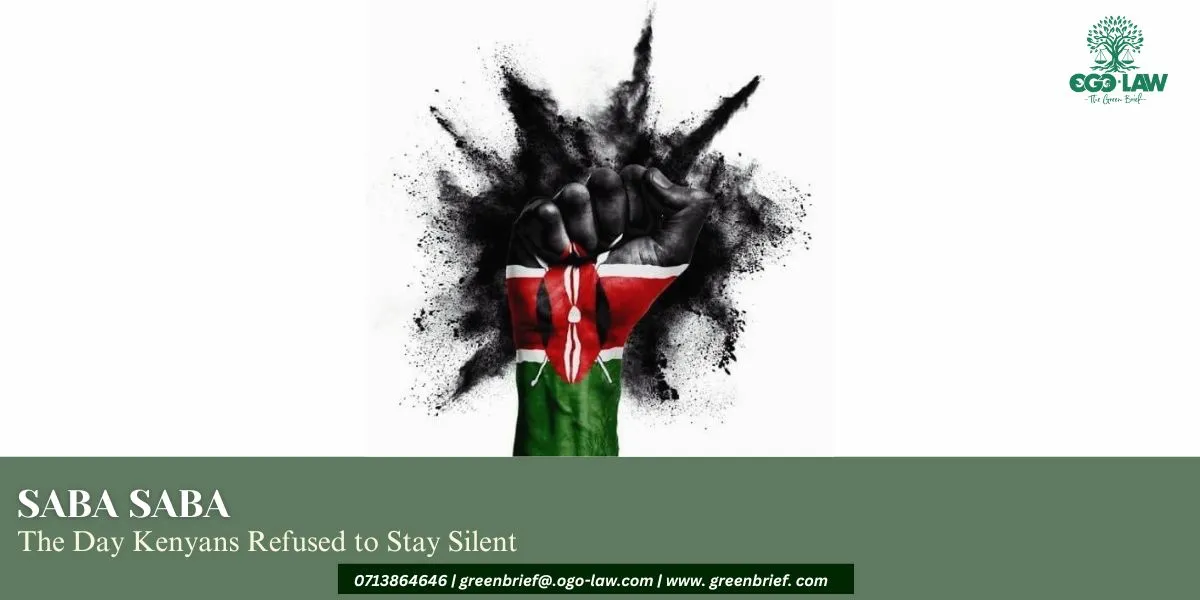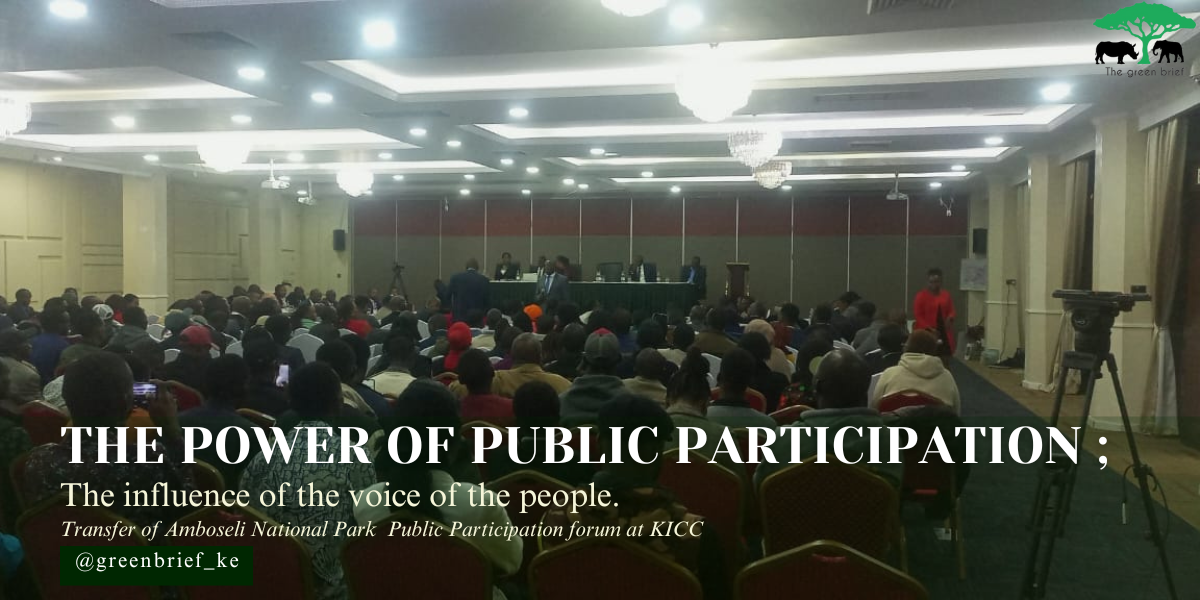The Day Kenyans Refused to Stay Silent
If you grew up in Kenya, chances are you’ve heard the phrase “Saba Saba” used around. Maybe in political speeches, old news clips, or more recently, trending hashtags. But somewhere between the noise and nostalgia, many people have forgotten,or never really knew,what it was all about. Saba Saba, which means “seven seven” in Kiswahili, marks the 7th of July, 1990. On that day, thousands of Kenyans took to the streets not to riot, not to loot, but to demand what many of us take for granted today: multiparty democracy, free speech, and a government that answers to its people. It wasn’t just a protest, it was a turning point.
To understand the weight of that moment, you have to rewind a bit. In the late 1980s and early ’90s, Kenya was firmly under one-party rule. President Daniel arap Moi’s KANU regime didn’t just dominate the political scene ; it controlled it completely. There were no opposition parties, no room for dissent, and definitely no tolerance for criticism. Activists were arrested, journalists were silenced, and fear hung in the air like smoke after tear gas. So when a group of politicians and activists like Kenneth Matiba, Charles Rubia, Raila Odinga called for a public rally on July 7th to push for political reforms, the government panicked. The rally was banned. The organizers were arrested. But the people came anyway.
They came from all corners of Nairobi and beyond. They came knowing they might be beaten, tear-gassed, or shot. And that’s exactly what happened. The protests that erupted were met with brutal police crackdowns, lives were lost, blood was spilled, but something irreversible had shifted. For the first time in a long time, the people’s voice echoed louder than the government’s threats. Saba Saba planted a seed that would eventually grow into Kenya’s return to multiparty democracy in 1992. It reminded those in power that no regime, no matter how ruthless, is immune to the pressure of a united citizenry.
And yet, here we are, decades later, and the echoes of Saba Saba still ring uncomfortably loud. Because even though we have elections, we still see tear gas in the streets. We still see peaceful protests declared illegal. We still see activists arrested and young people silenced. Every year, Saba Saba is marked by new generations marching not just to remember history, but to confront the ways that history still repeats itself. It’s no longer just about one-party rule. It’s about accountability. It’s about police brutality. It’s about the economy. It’s about the right to speak out without being labeled an enemy of the state.
Saba Saba is not a relic. It’s a reminder. A reminder that freedom is never freely given, it’s demanded, fought for, and protected by people brave enough to show up when it counts. It’s about ordinary Kenyans who did extraordinary things by simply refusing to keep quiet. And it’s also about the danger of forgetting. Because when we forget what it took to earn the freedoms we now enjoy, we risk losing them all over again.
So the next time you hear someone mention Saba Saba, pause. Think about the people who marched, bled, and stood up so we could vote, speak, and challenge power without disappearing into the shadows. Think about what it means to carry their courage forward not just on July 7th, but every day that injustice knocks on the door. Saba Saba wasn’t just a date. It was a declaration. And that declaration is still being written.




